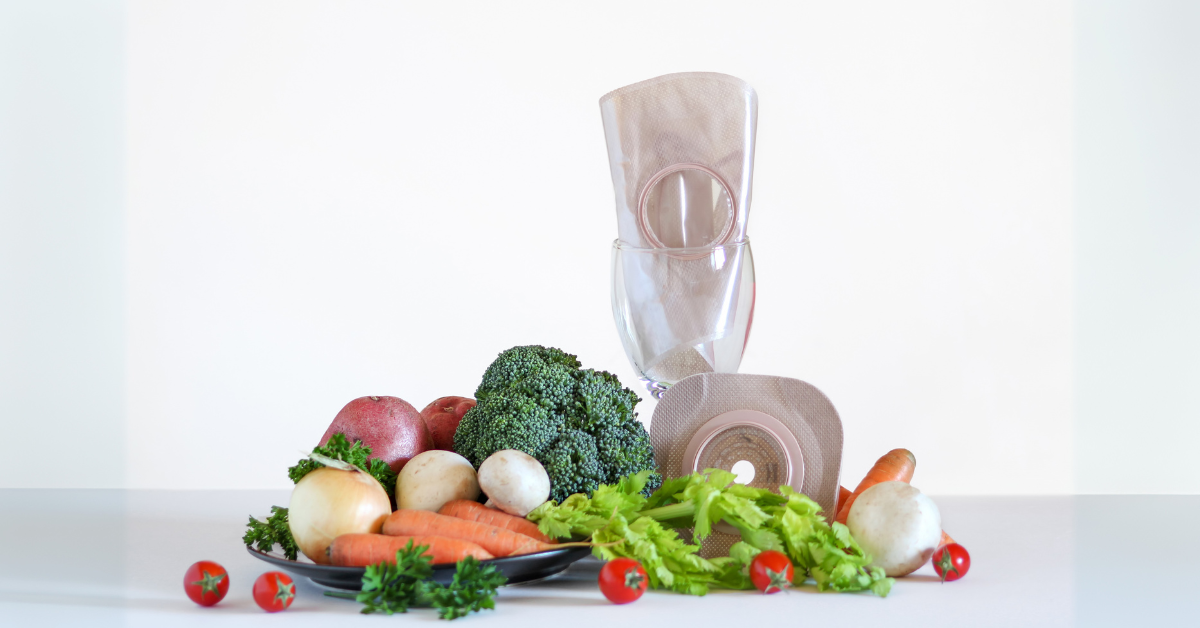Holy Week is starting, and naturally, many faithful want to follow the fasting diet during this period. But what about fasting when you have a colostomy or ileostomy?
People who have undergone a colostomy or ileostomy should be careful with their diet and avoid foods that may affect digestion. Some of these foods should be avoided, at least at the beginning of the postoperative period. Foods that can cause discomfort or diarrhea, such as fried and generally fatty foods or even spicy foods, should be avoided not only during fasting but in general.
Fasting is marked by the avoidance of meat and fish consumption. Foods like legumes are consumed more during this period, but people with a colostomy or ileostomy should avoid legumes at least initially, as they contain a lot of fiber. Other fiber-rich foods to avoid include fresh raw fruits and vegetables, as well as nuts, as these can also cause some disturbance. Your drink choices should also be limited, as consuming alcoholic or carbonated beverages, such as soft drinks or even caffeine, is not a good choice for your digestive system.

All these restrictions raise a big question:
What can I include in my diet during fasting?
People with a colostomy or ileostomy can fast by including appropriate foods in their diet. Seafood is a good option as long as it is well-cooked, as well as vegetables. Fruits, if peeled and without skin or in the form of compote or juice, are a good choice for your fasting diet.
Easily digestible options for colostomy and ileostomy include rice and pasta, as long as they are not whole grain and are well-cooked, not al dente. Additionally, plain bread without a lot of fiber and potatoes can be eaten while fasting.
By watching your diet and avoiding foods that may irritate or disrupt your digestive system, you can follow fasting even with a colostomy or ileostomy. Besides your diet, you should also ensure to change colostomy/ileostomy bags daily and use high-quality ones like FLEXIMA by B Braun for proper and healthy quality of life. And don't forget to have many small meals, cook your food well, chew thoroughly, and drink plenty of water for good hydration.


